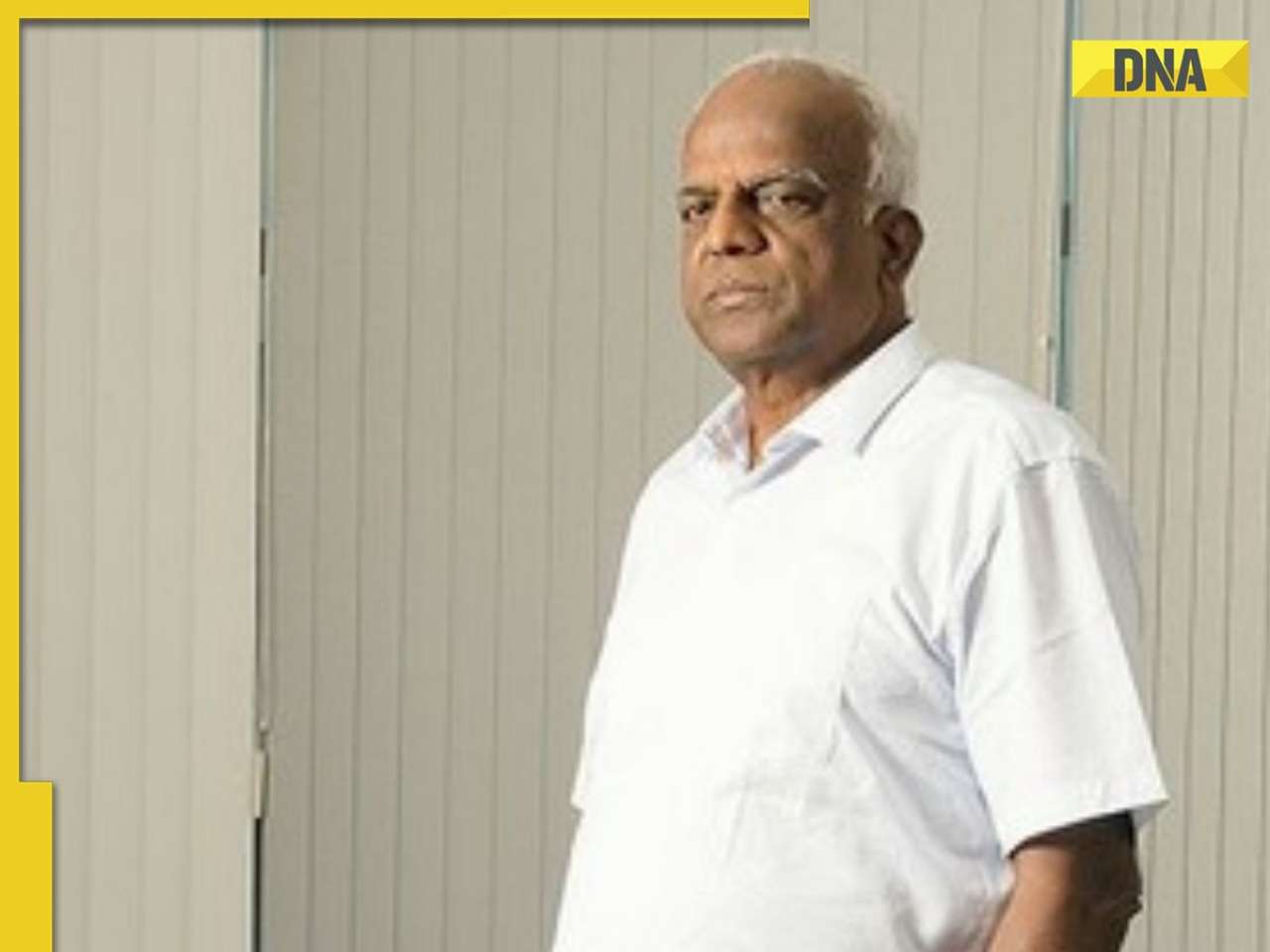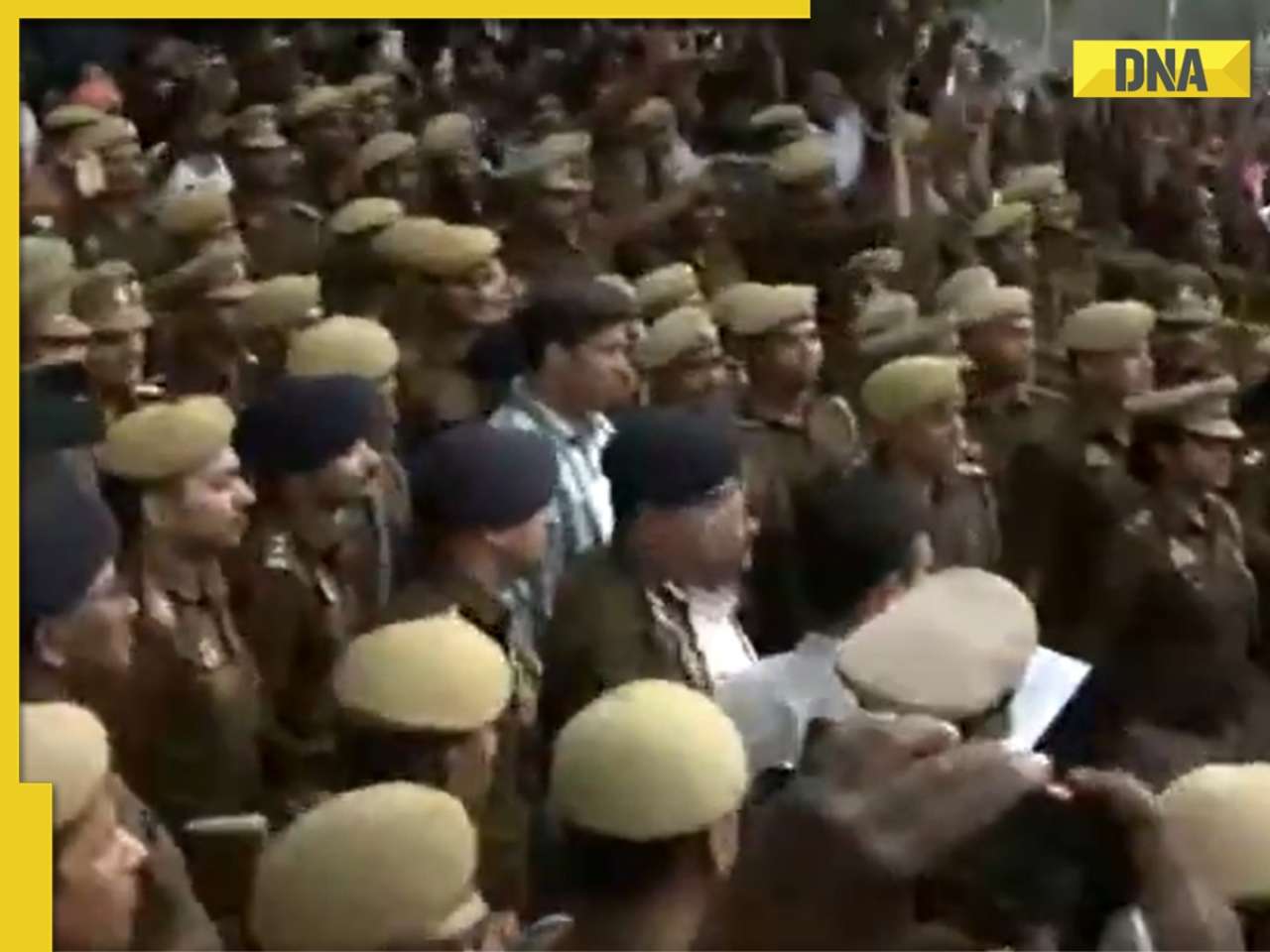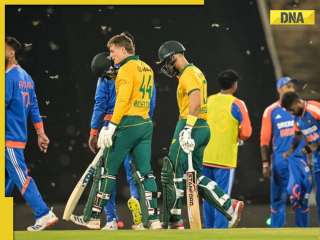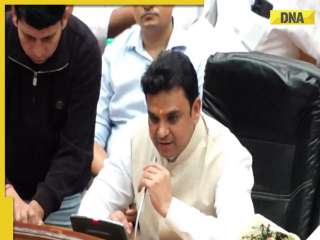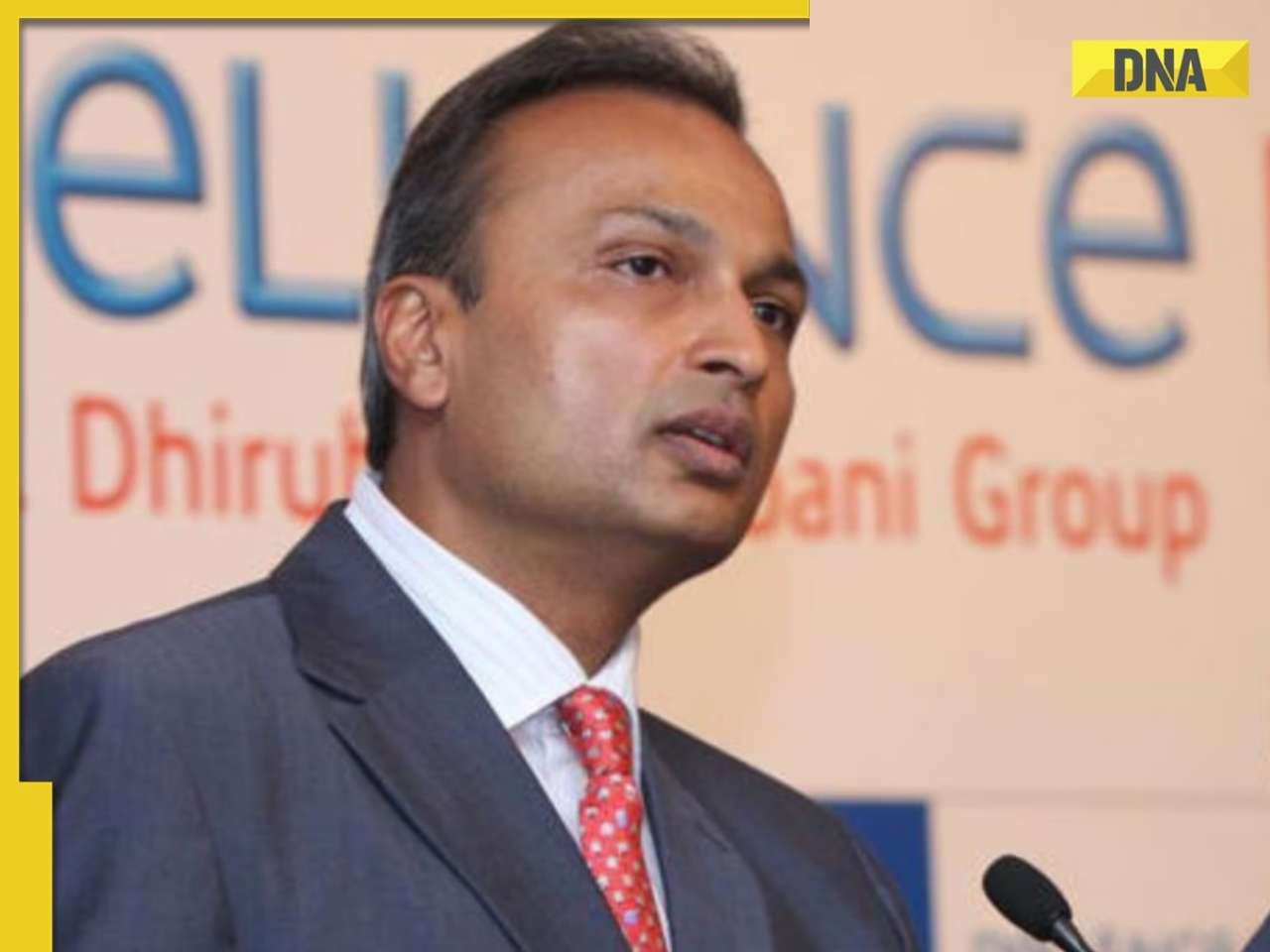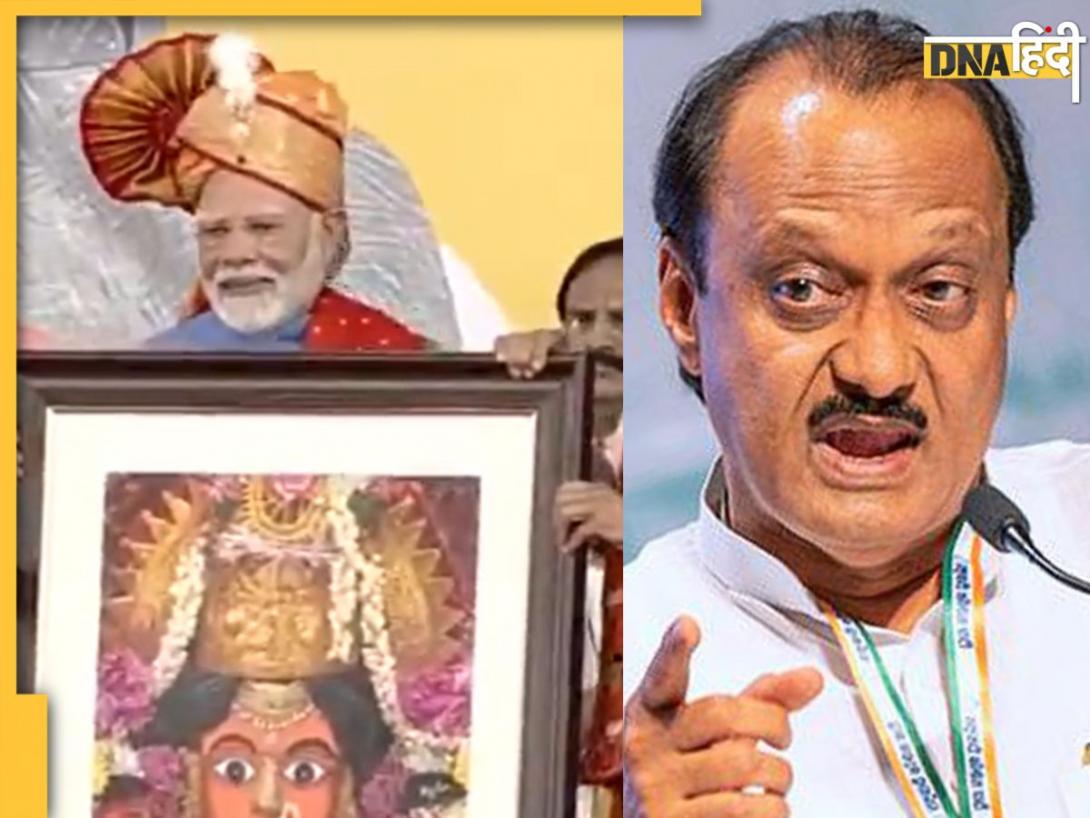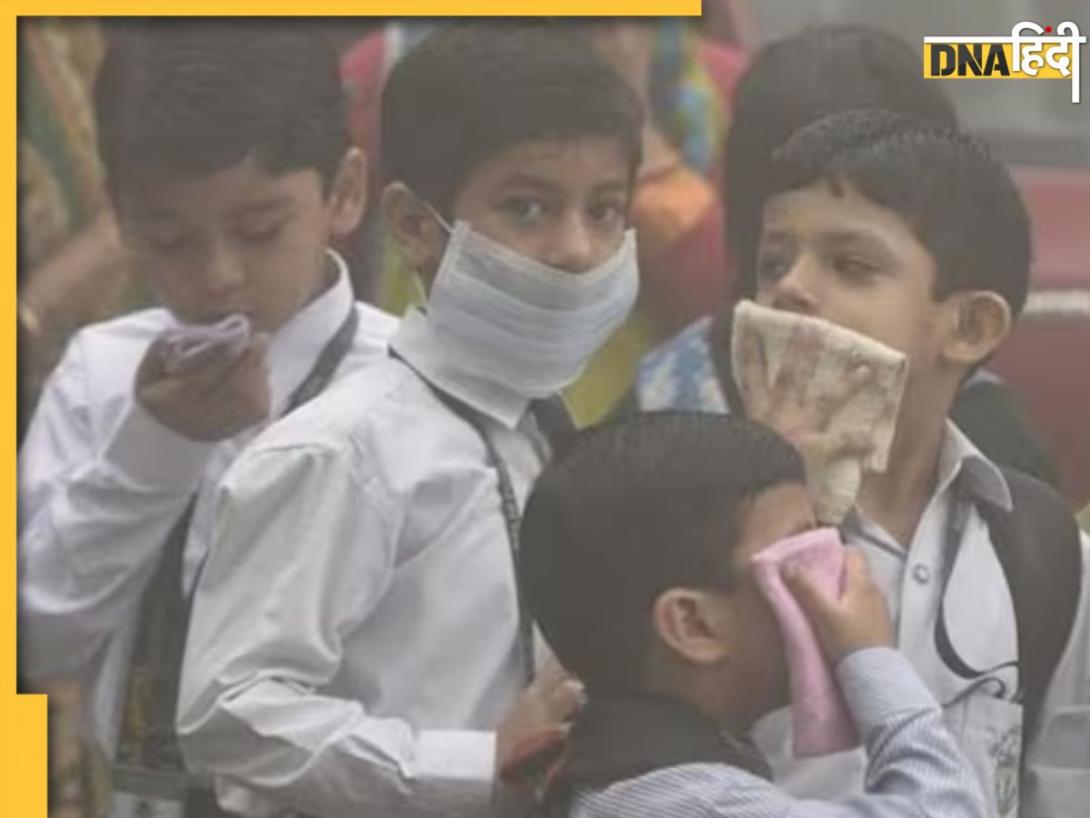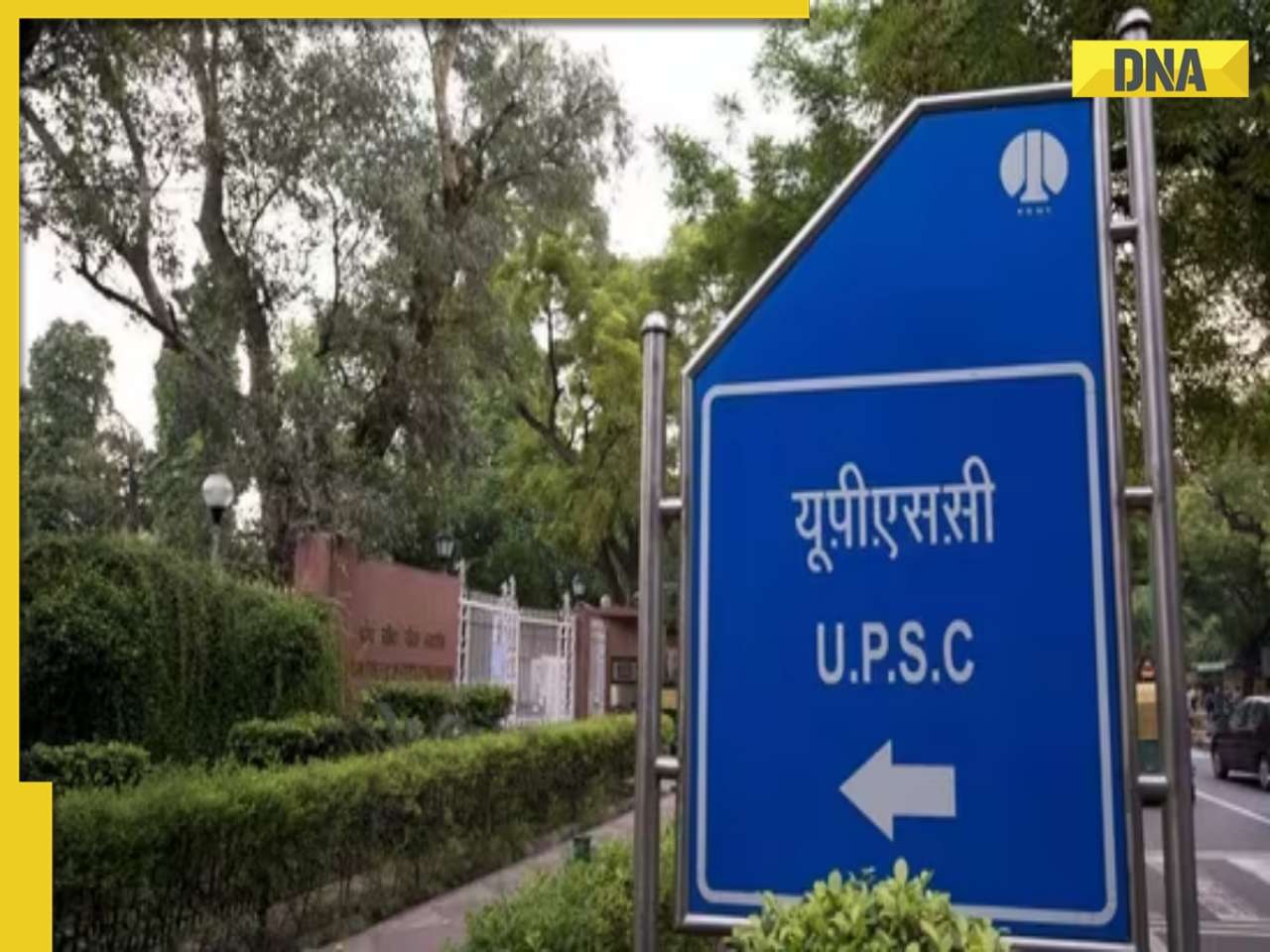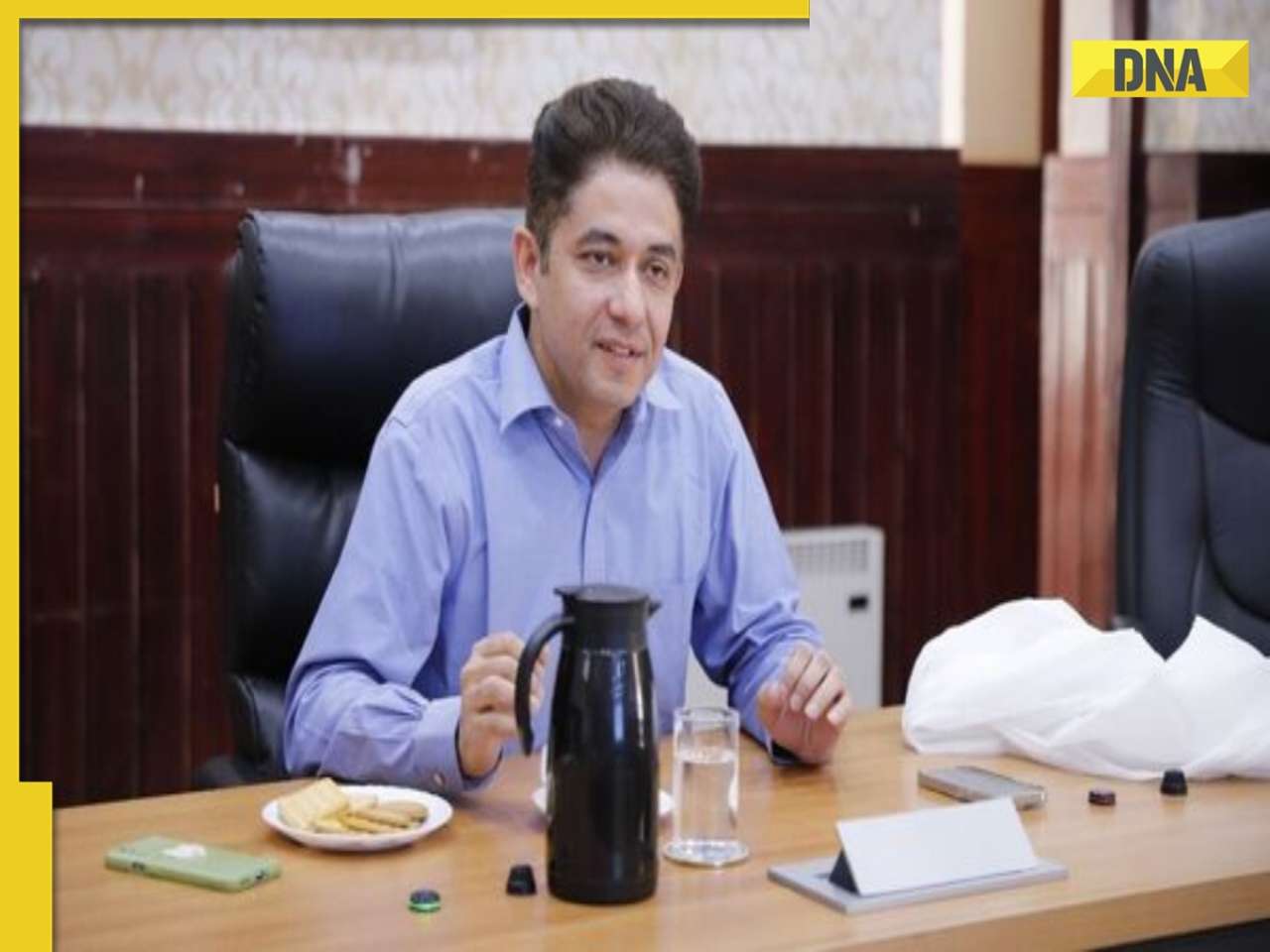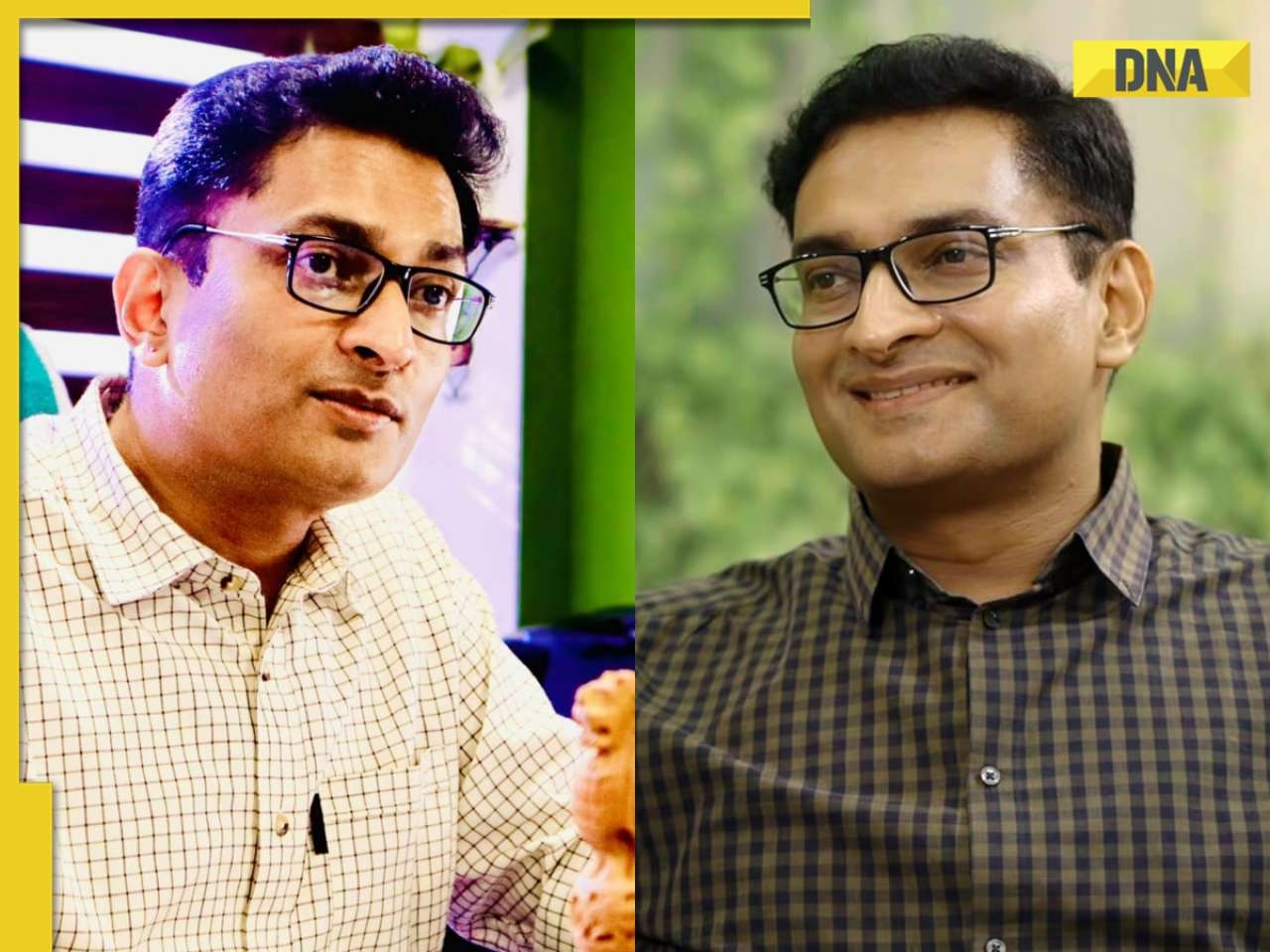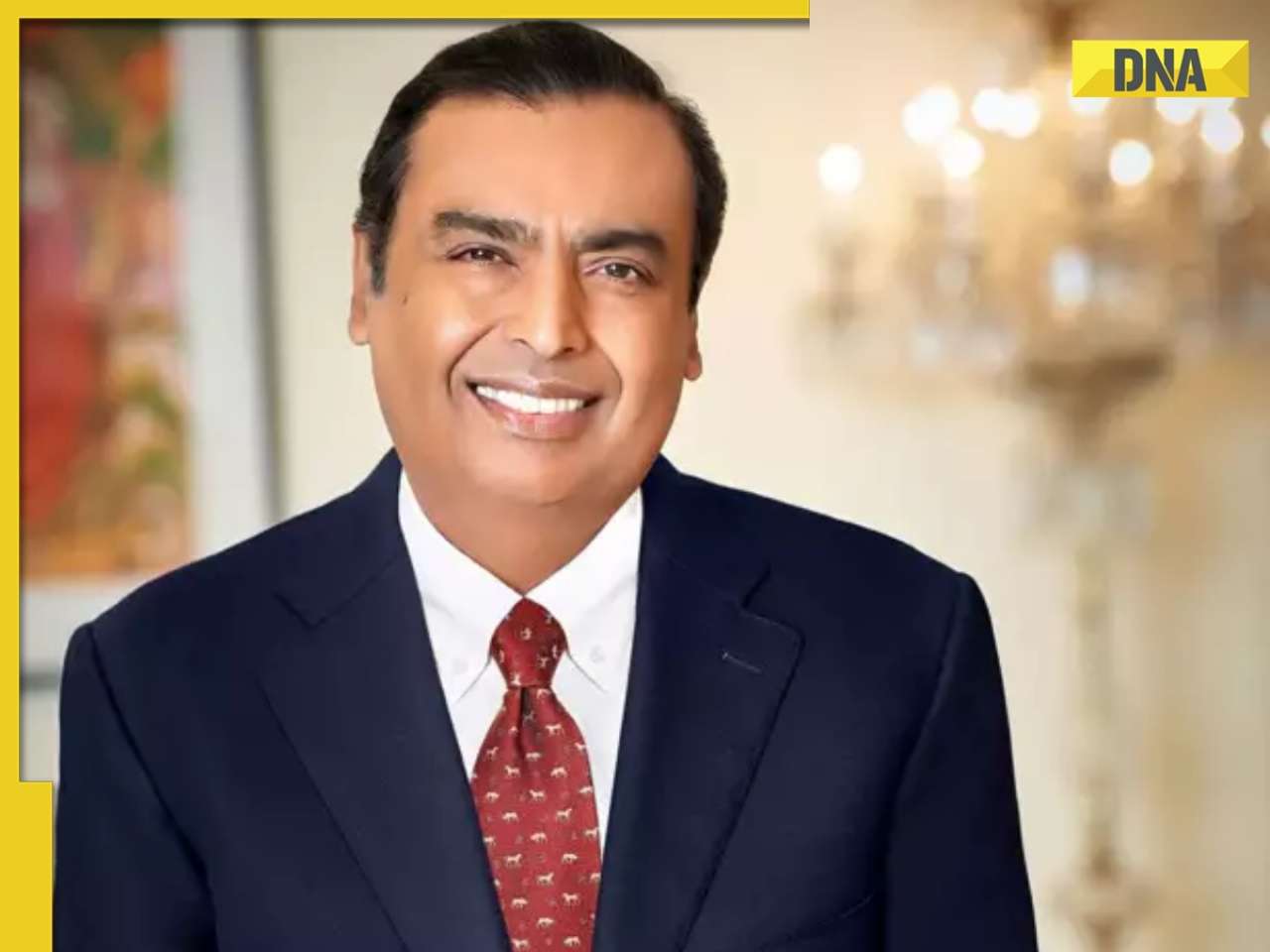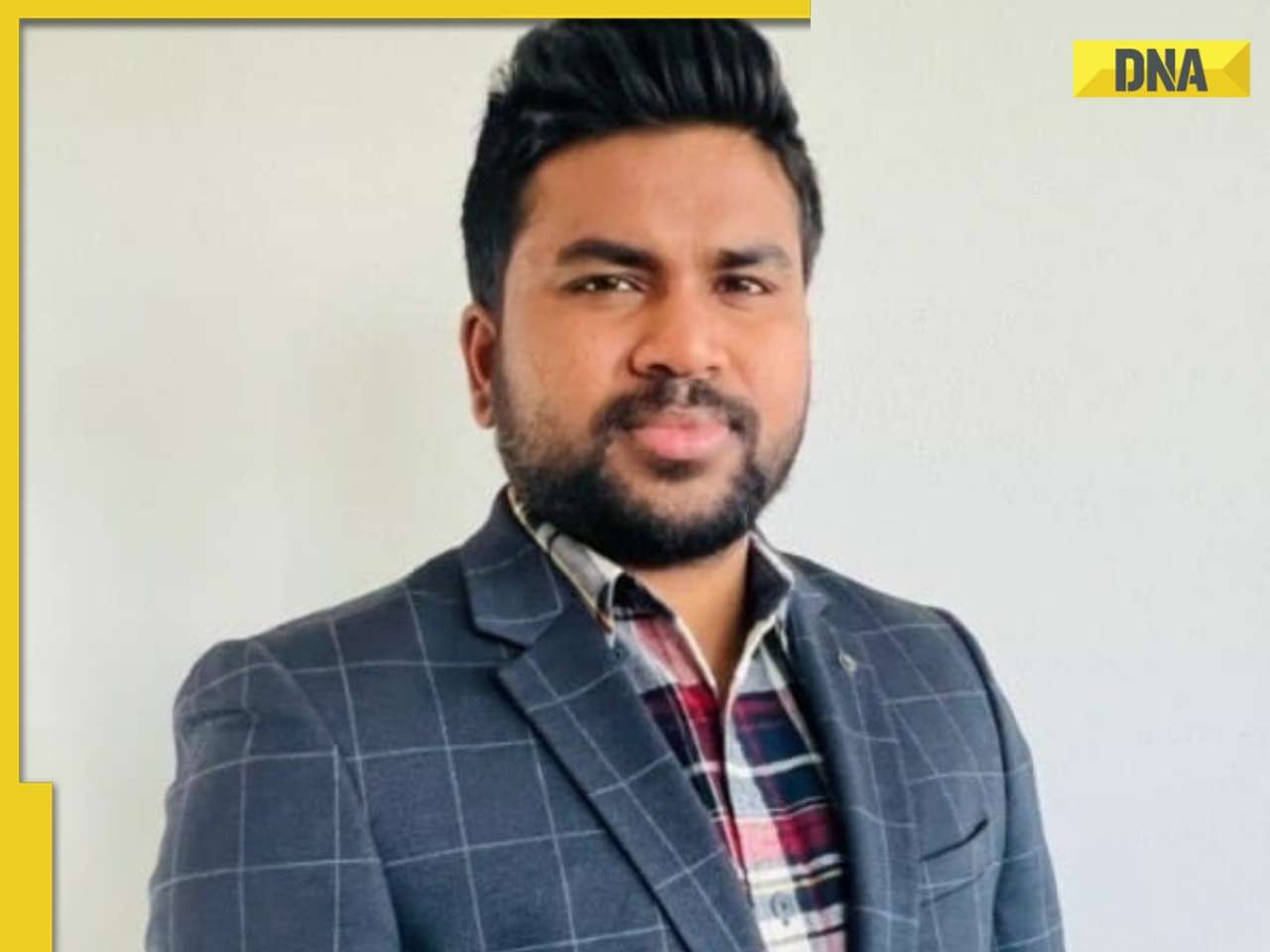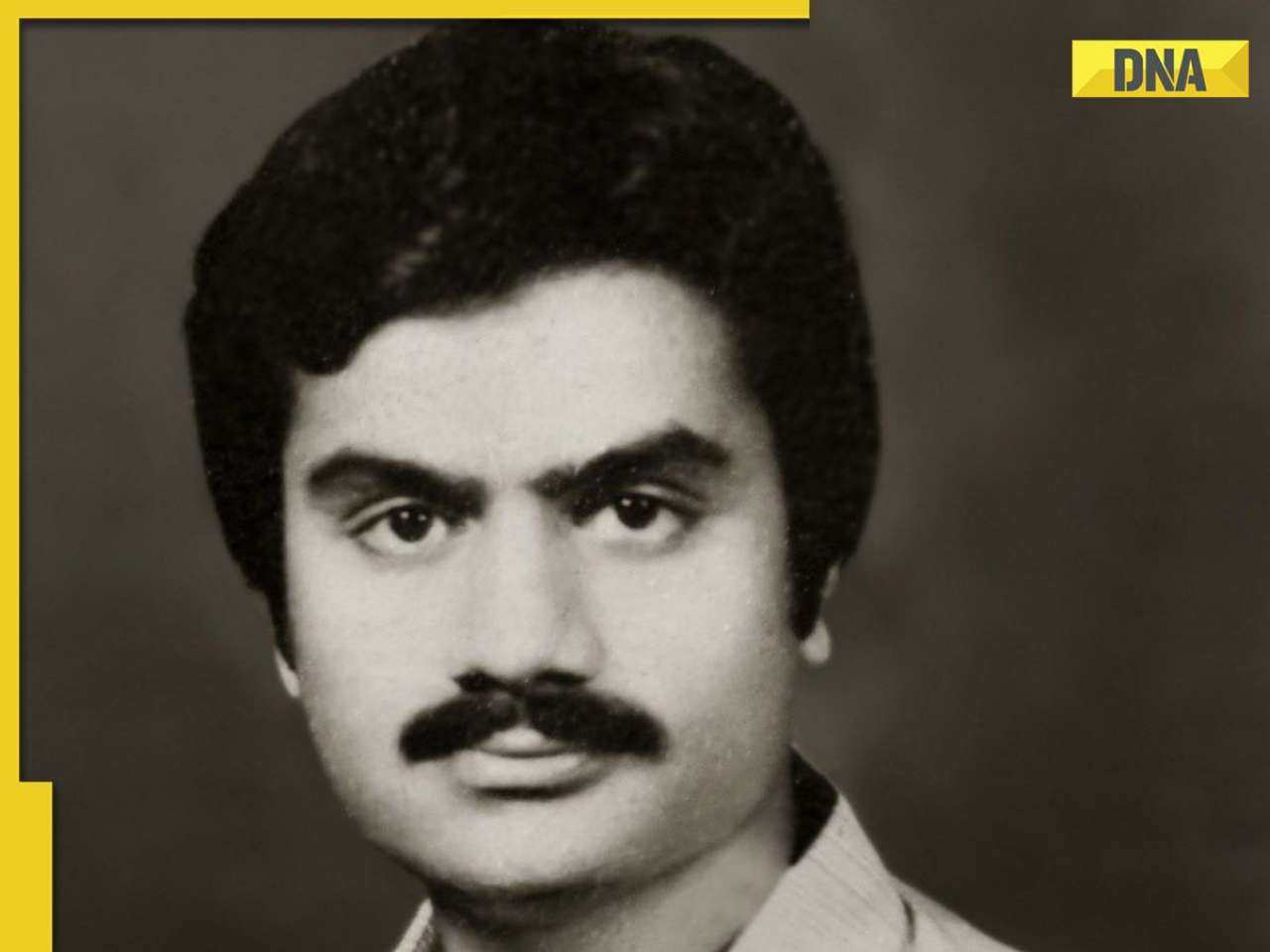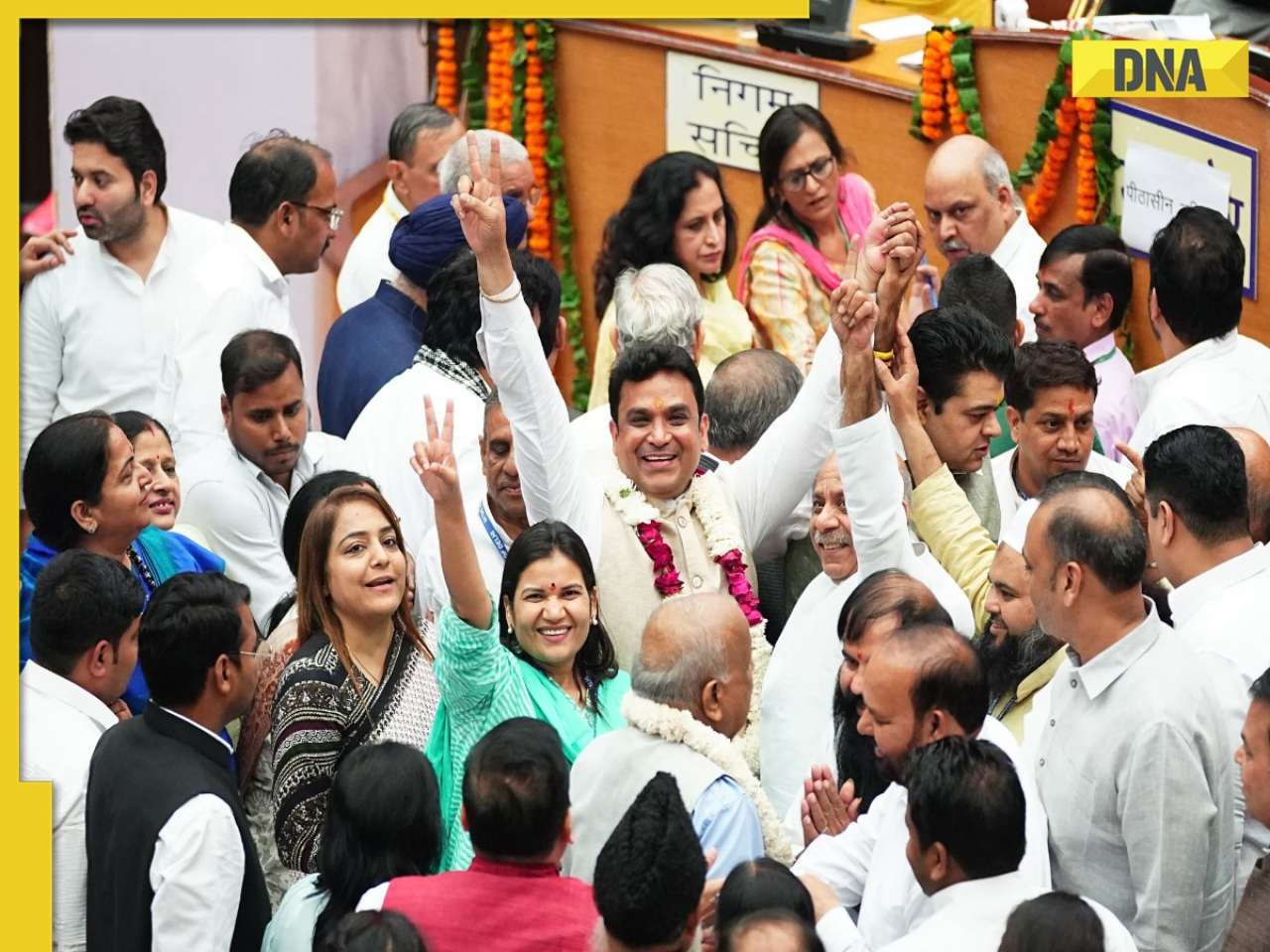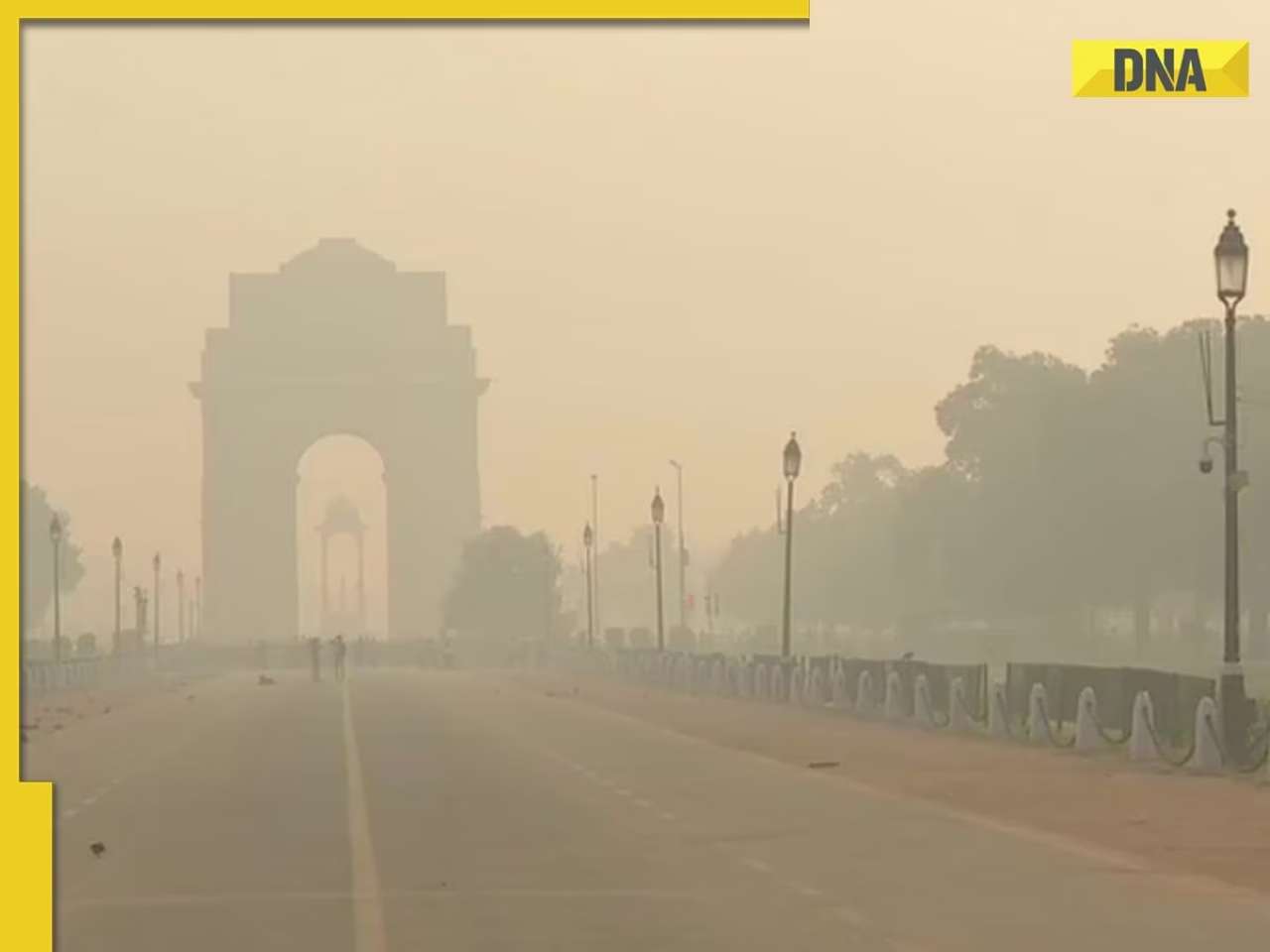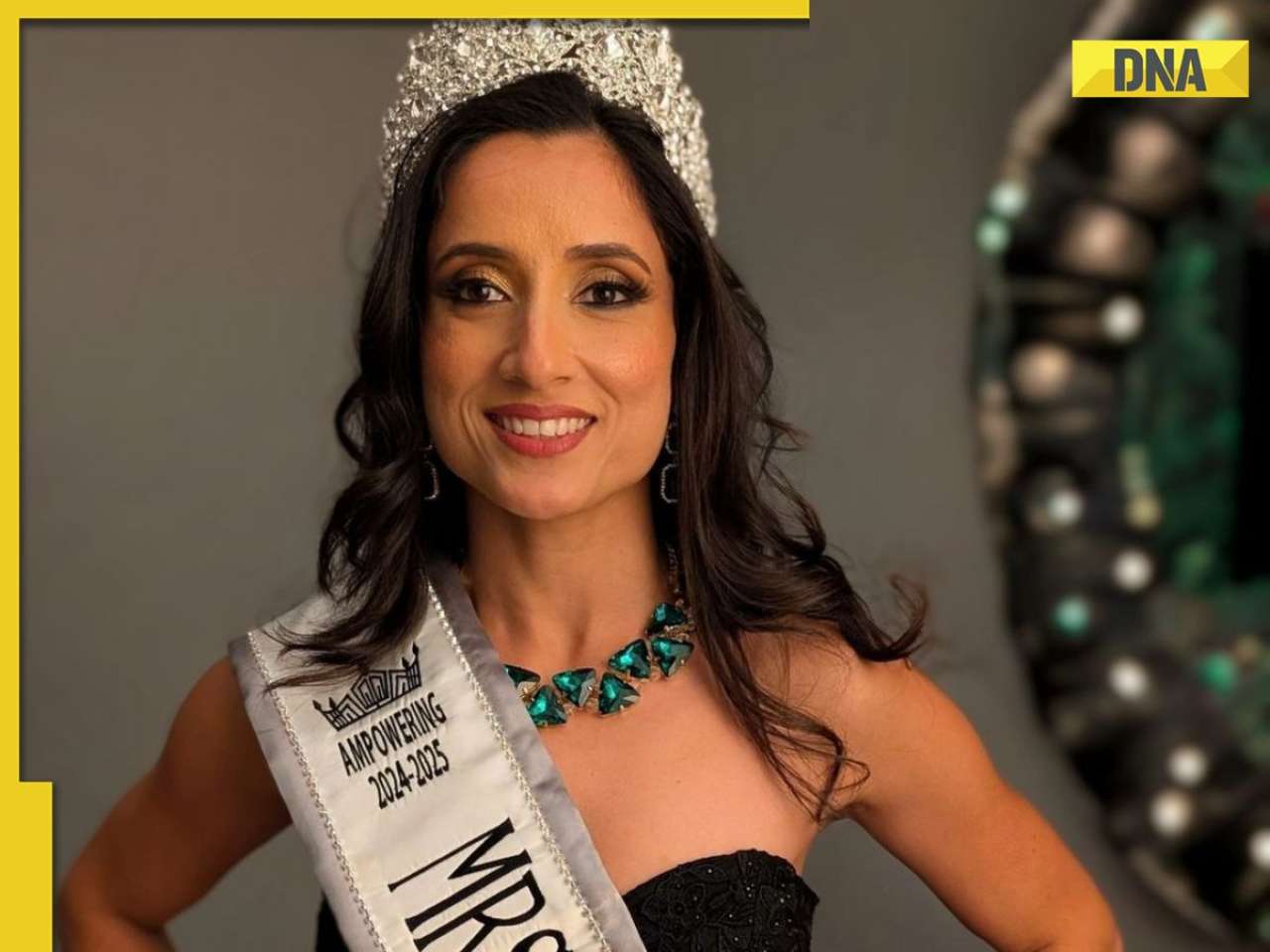- LATEST
- WEBSTORY
- TRENDING
EDUCATION
Meet Indian genius, worked at IIT, wrote over 50 books, won all possible awards but missed out on Nobel due to...
Rao was a gifted student from a young age. His early education was home-based, where his mother tutored him in arithmetic and Hindu literature, while his father taught him English.
TRENDING NOW
CNR Rao, born on June 30, 1934, is a renowned Indian chemist, primarily focused on solid-state and structural chemistry. He has received honorary doctorates from 86 universities worldwide and authored approximately 1,800 research papers and 56 books. Although highly decorated, Rao never won the Nobel Prize, despite being acknowledged as one of the most accomplished scientists in his field.
Rao was born into a Kannada Deshastha Brahmin family in Bangalore, to Hanumantha Nagesa Rao, a school inspector, and Nagamma Nagesa Rao. Rao was a gifted student from a young age. His early education was home-based, where his mother tutored him in arithmetic and Hindu literature, while his father taught him English. At six, he entered middle school, excelling in mathematics and English, and by 10, he had passed his secondary school exams. He completed his BSc at 17 from Mysore University and an MSc at 19 from Banaras Hindu University.
He earned his PhD from Purdue University at 24. In 1959, he began his academic career as the youngest lecturer at the Indian Institute of Science (IISc). Later, he transferred to the Indian Institute of Technology Kanpur before returning to IISc, where he served as director from 1984 to 1994. Rao also chaired the Prime Minister's Scientific Advisory Council between 1985-1989 and 2005-2014. He established the Jawaharlal Nehru Centre for Advanced Scientific Research and the International Centre for Materials Science.
Rao's achievements have been recognized through numerous prestigious awards, including the Marlow Medal, Shanti Swarup Bhatnagar Prize, Hughes Medal, and the India Science Award. He has also received the Padma Shri and Padma Vibhushan from the Government of India. In 2013, he was awarded India's highest civilian honor, the Bharat Ratna, becoming the third scientist to receive it after CV Raman and APJ Abdul Kalam. He accepted the award on February 4, 2014, from President Pranab Mukherjee.







)
)
)
)
)
)
)
)
)
)
)
)
)
)
)
)







